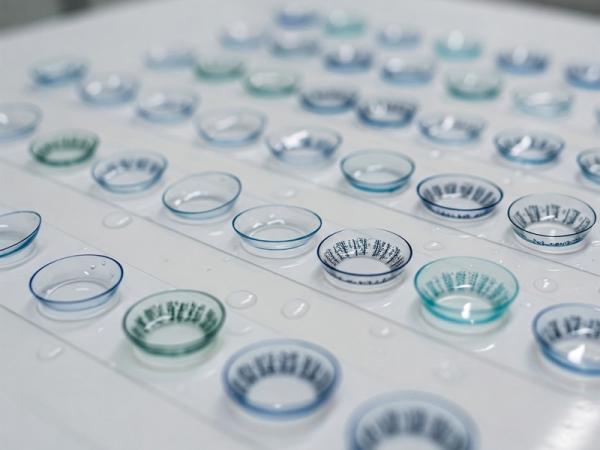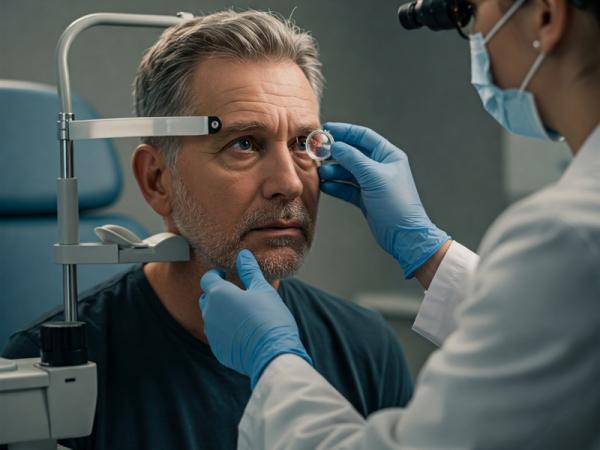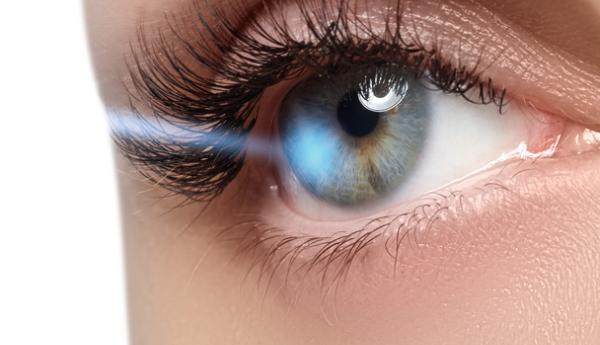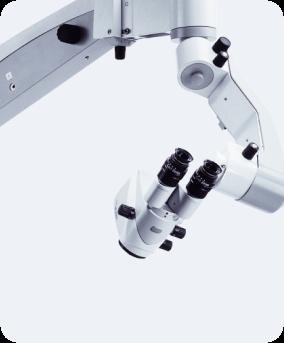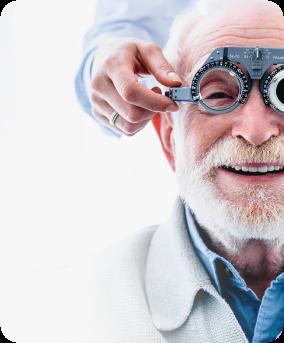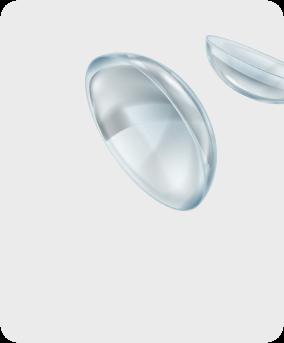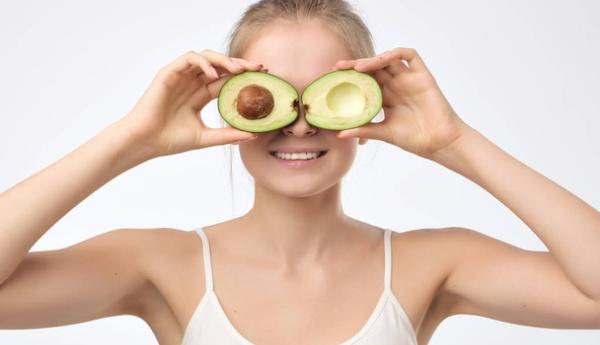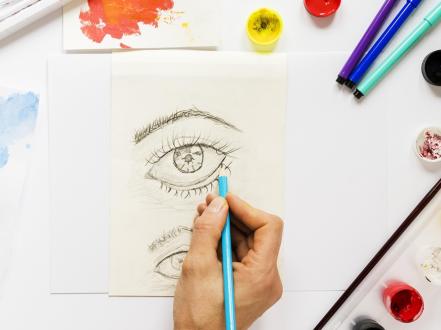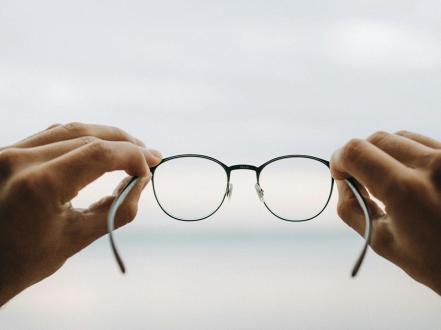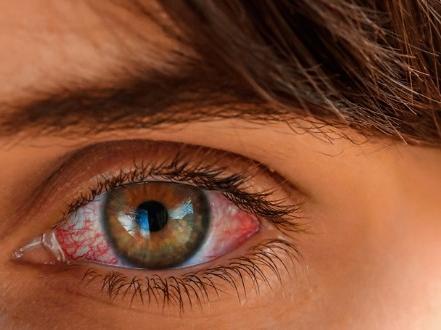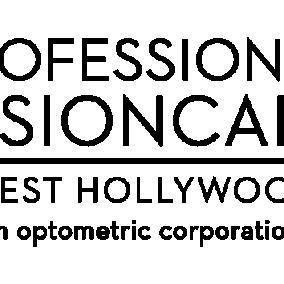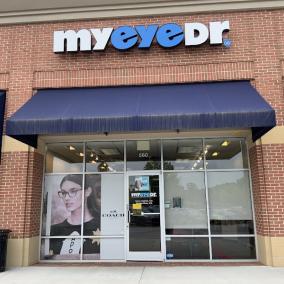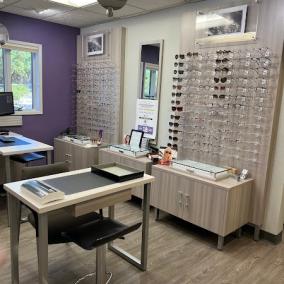Eye Health & Vision Care
Our vision care informational online magazine is here to provide you with all the knowledge you need to maintain optimal eye health
Latest ArticlesAll Articles
DoctorsAll Doctors
ClinicsAll Clinics
What is a safe, natural way to improve eyesight?
Visually impaired people may live in great discomfort. It is difficult for them to be engaged in the routine tasks. In particular, the objectives of analyzing age-related eye problems like cataracts or correcting our vision without professional aid are almost impossible, as there are no universally applicable fast fixes to address existing problems. However, there are still effective methods to improve eyesight, for example, eating the right food rich in eye-friendly components that are pivotal for stopping vision degradation.
Before beginning any care process, get in touch with your medical professional. They are qualified to diagnose eye conditions and advise on how to strengthen your vision naturally.
Triggers for vision decline and top ways for its improvement
The professionals at My Vision Care advise taking a quick look at the following triggers in order to build an effective strategy for safeguarding our eyes and enhancing our sense of sight:
Genetics
Eye disorders such as retinitis pigmentosa, glaucoma, and nearsightedness are influenced by genetics. Although genetics simply predisposes, children of parents with these diseases are at higher risk. The risk of having certain hereditary eye illnesses can be decreased with appropriate therapy and preventive measures.
Modern life is affecting people's eyes
Because digital devices are a part of everyday life, continuous eye strain is a result. There may be major repercussions from the symptoms, which include fatigue, discomfort, and achiness. Screen blue light causes retinal damage. Thus, fatigue and tension can be brought on by improper vision correction and dry eyes from too much screen time.
Age-related worsening
The suppleness of the lens deteriorates, the pupil's size shrinks, and the eye muscles weaken with age. The visual system is disrupted in the absence of any action taken to improve eyesight, thus those over 50 should take extra care with their eye health and schedule frequent checkups with their eye doctor to prevent:
- presbyopia,
- temporal arteritis,
- glaucoma,
- dry eyes,
- cataracts.
Refractive errors
What is a contact lens solution that can fit you? What are the best frames to choose? And how to promote eye healing? All these concerns can be addressed with the aid of well-versed experts. Now, let’s check some of the tips on eye recovery:
- Adding eye training sessions. Periodic eye training sessions, as a way to improve eyesight, can be beneficial even for those who have good vision. An expert can offer you a customized set of exercises, which include figure-eight movements or palming for relaxation.
- Keeping track of the vision-friendly nutrients you consume daily. Constantly adding products, such as spinach, broccoli, dairy products, fish, nuts, and legumes will support your visual well-being.
- Breaking bad habits. The key to strengthening your eyesight and overall well-being is adopting a healthy lifestyle. Thus, such choices as quitting smoking, exercising, and taking care of sleep hygiene will have positive effects on vision.
- Smartly formulated supplements. Because they have anti-inflammatory qualities and lower the risk of diseases like macular degeneration, specifically prepared vitamin supplements like vitamins A, C, and E can further improve eye health.
- Regular examinations. Every one of us has an opportunity to identify the problem in its early stages before it becomes an incurable illness. It is beneficial to behave appropriately and on time.
Myths and realities
Probably the largest misconception about our vision is that eating a lot of carrots and blueberries can actually restore your vision. It is evident that they contain eye-friendly vitamins. However, as carrots and blueberries cannot be used as a cure on their own, the benefits of these foods are often overstated. What other falsehoods are there?
Myth #1: Wearing glasses deteriorates vision. It won't, in fact, exacerbate the situation.
Myth #2: Wetting drops is a therapy method. One can use drops to temporarily ease the symptoms of dry eyes, but eyesight will not get better.
Myth #3: A doctor's appointment is not vital if vision is good. Indeed, there are opponents who remain silent but have the ability to cause more problems. Finding them is essential.
The sense of vision is one of the most vital. You may successfully maintain the health of your eyes by being aware of the main causes of vision troubles, understanding techniques for enhancing vision, and identifying myths and stereotypes.




